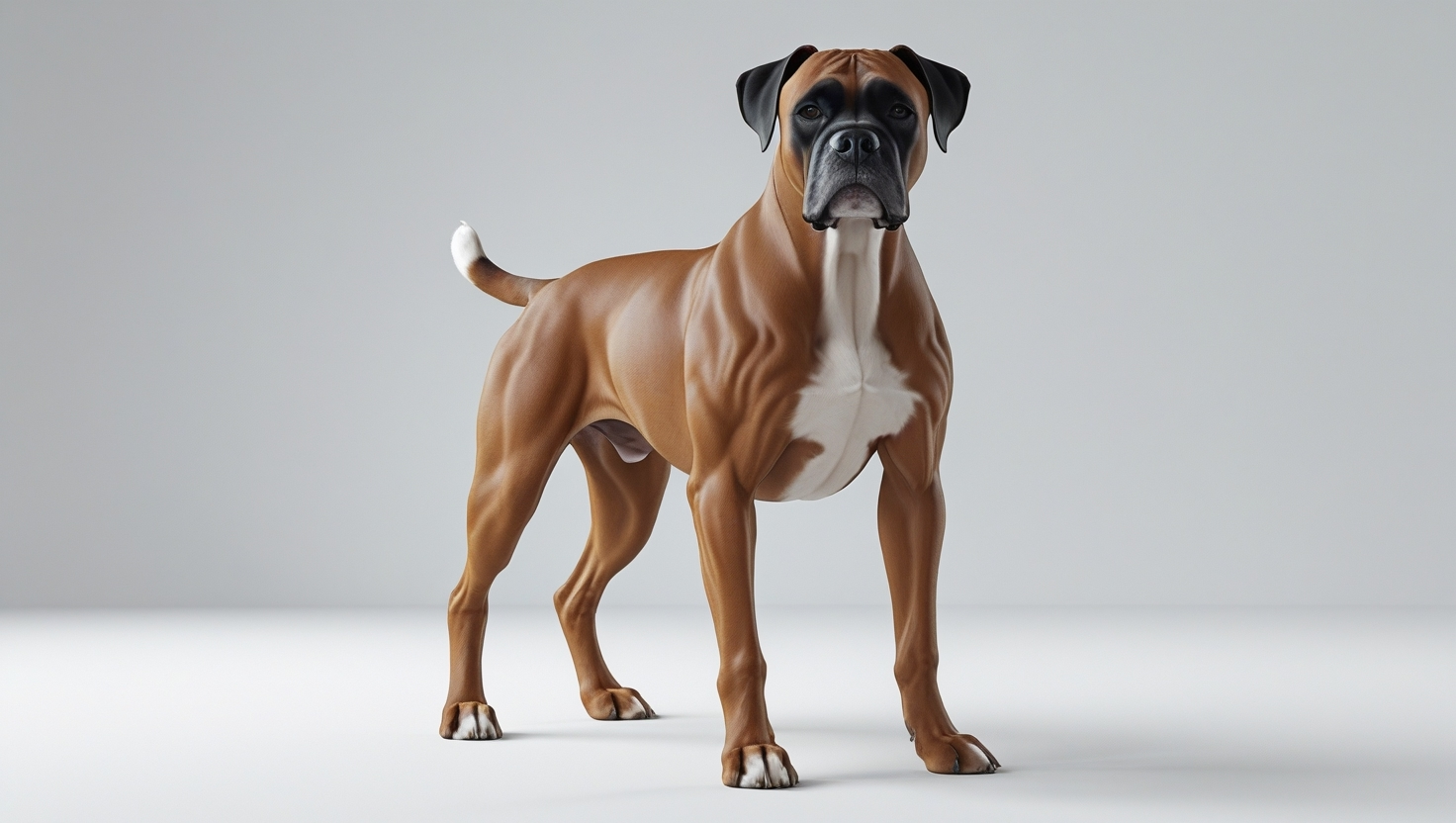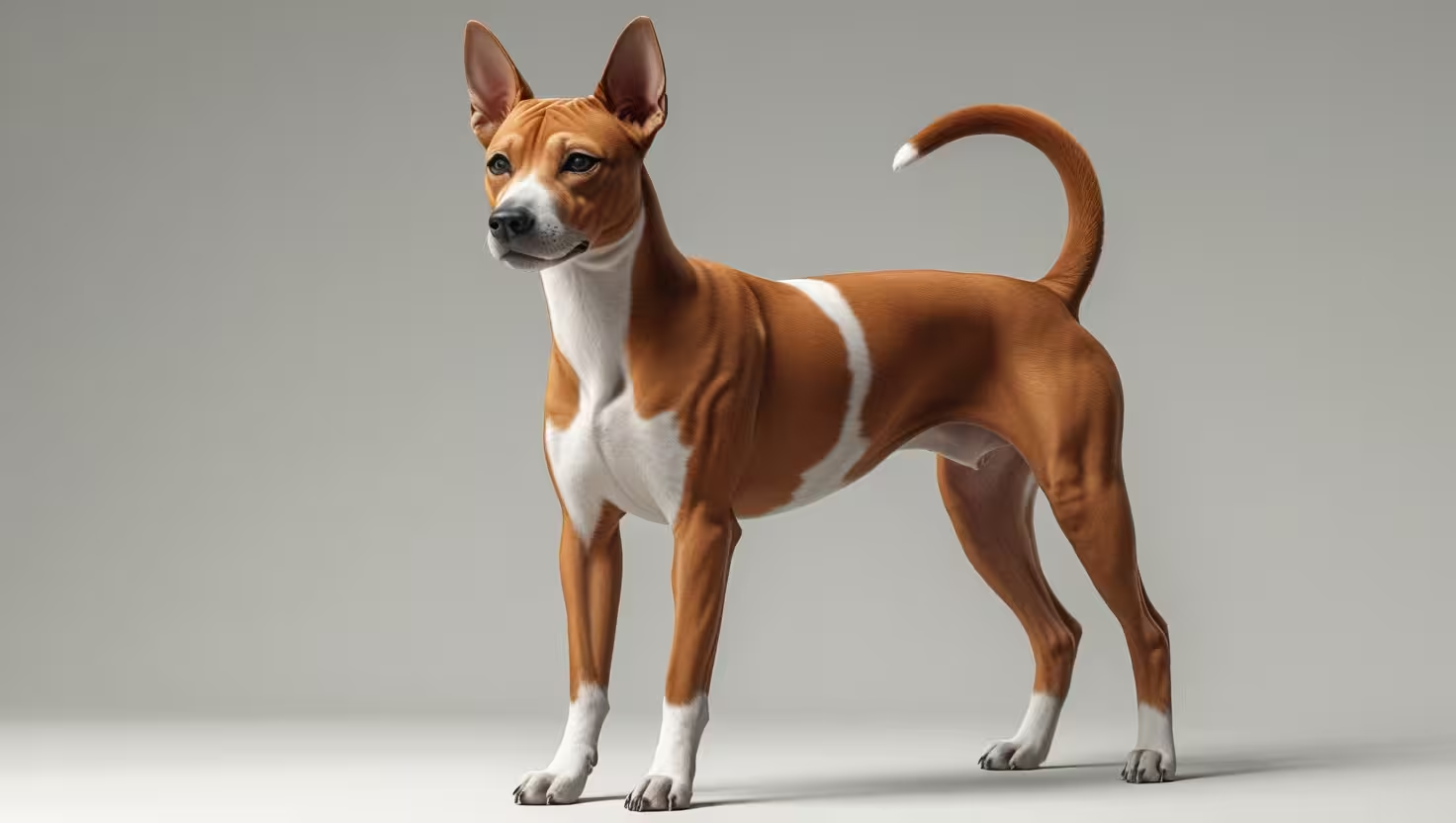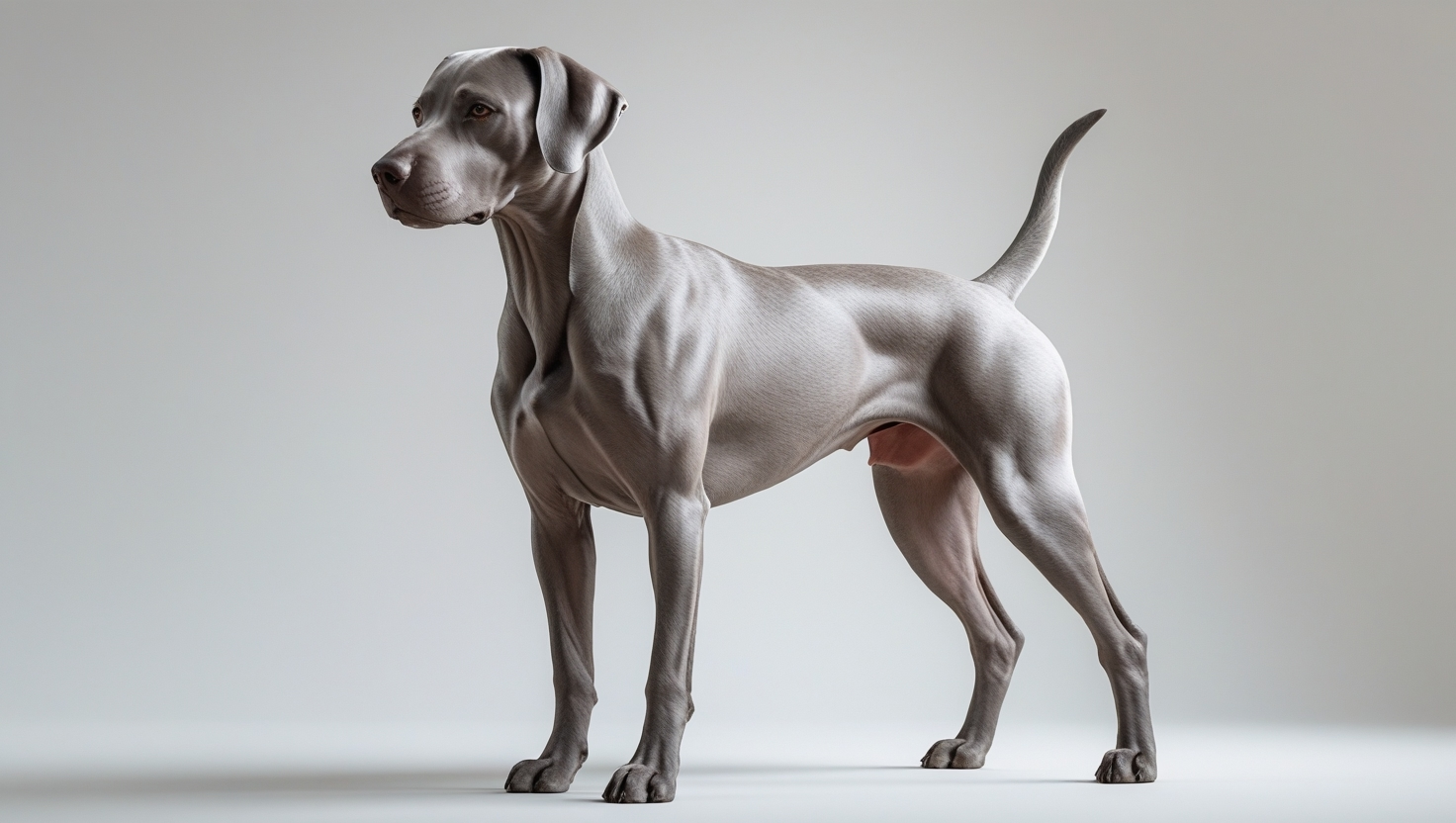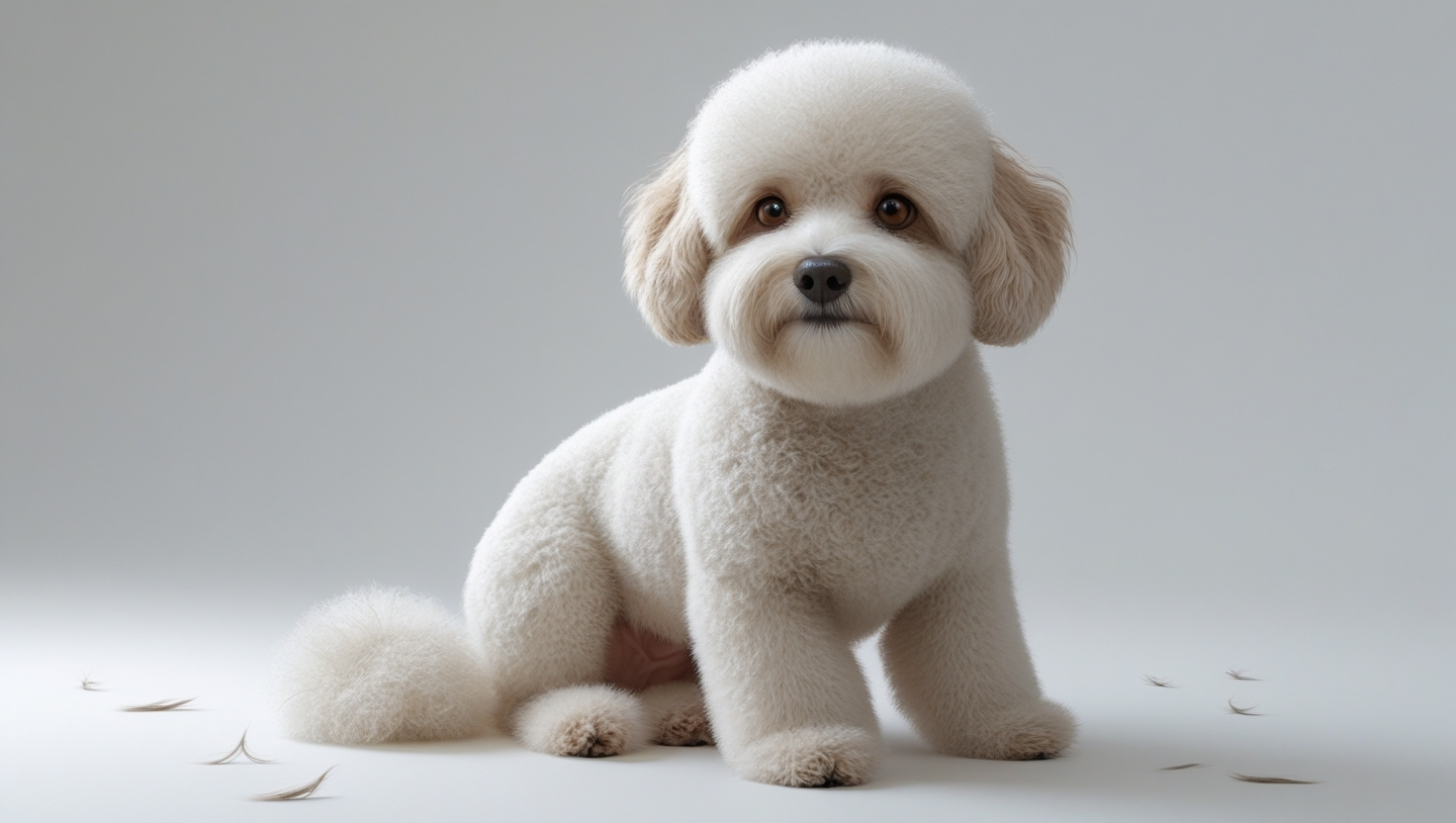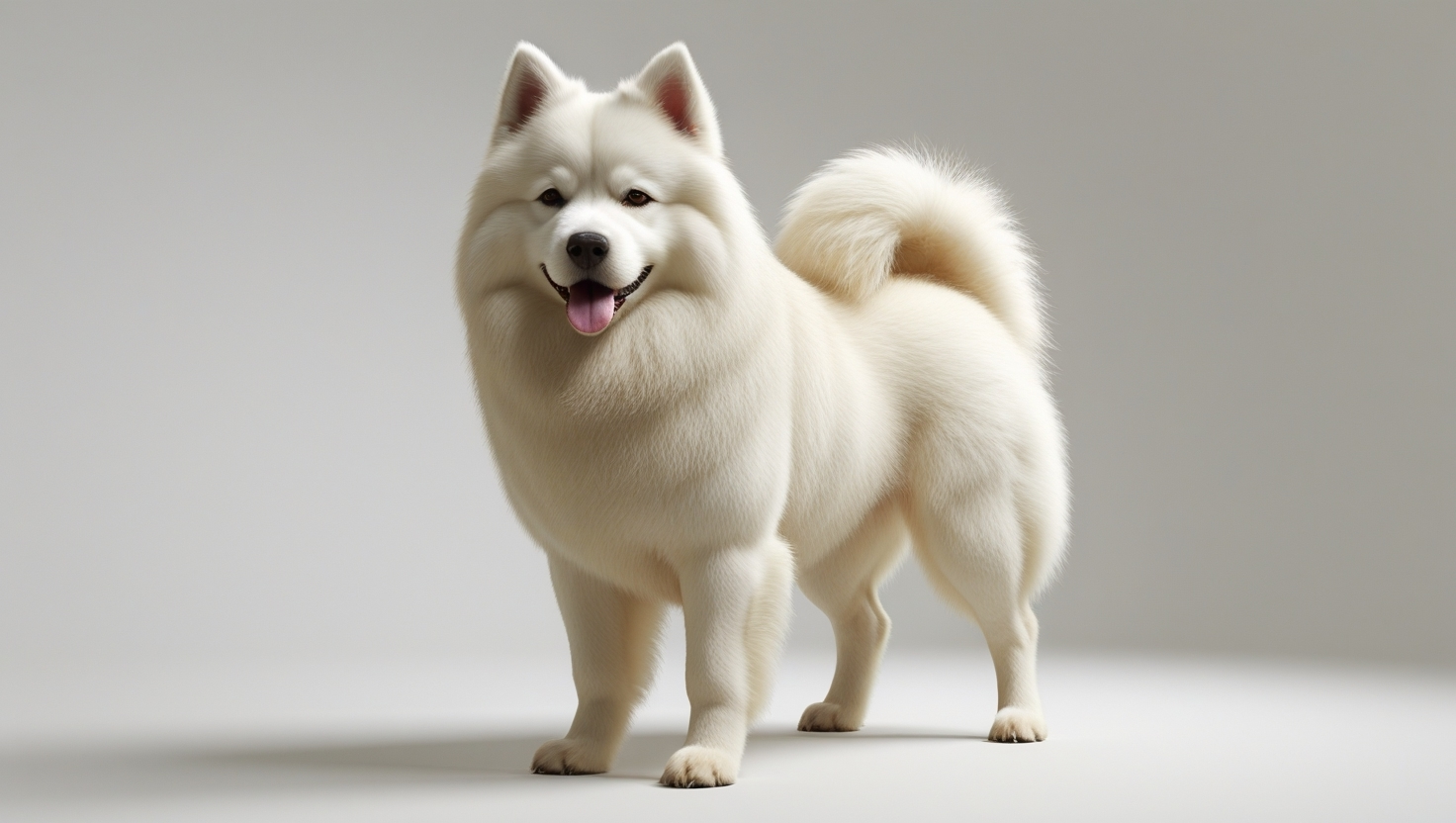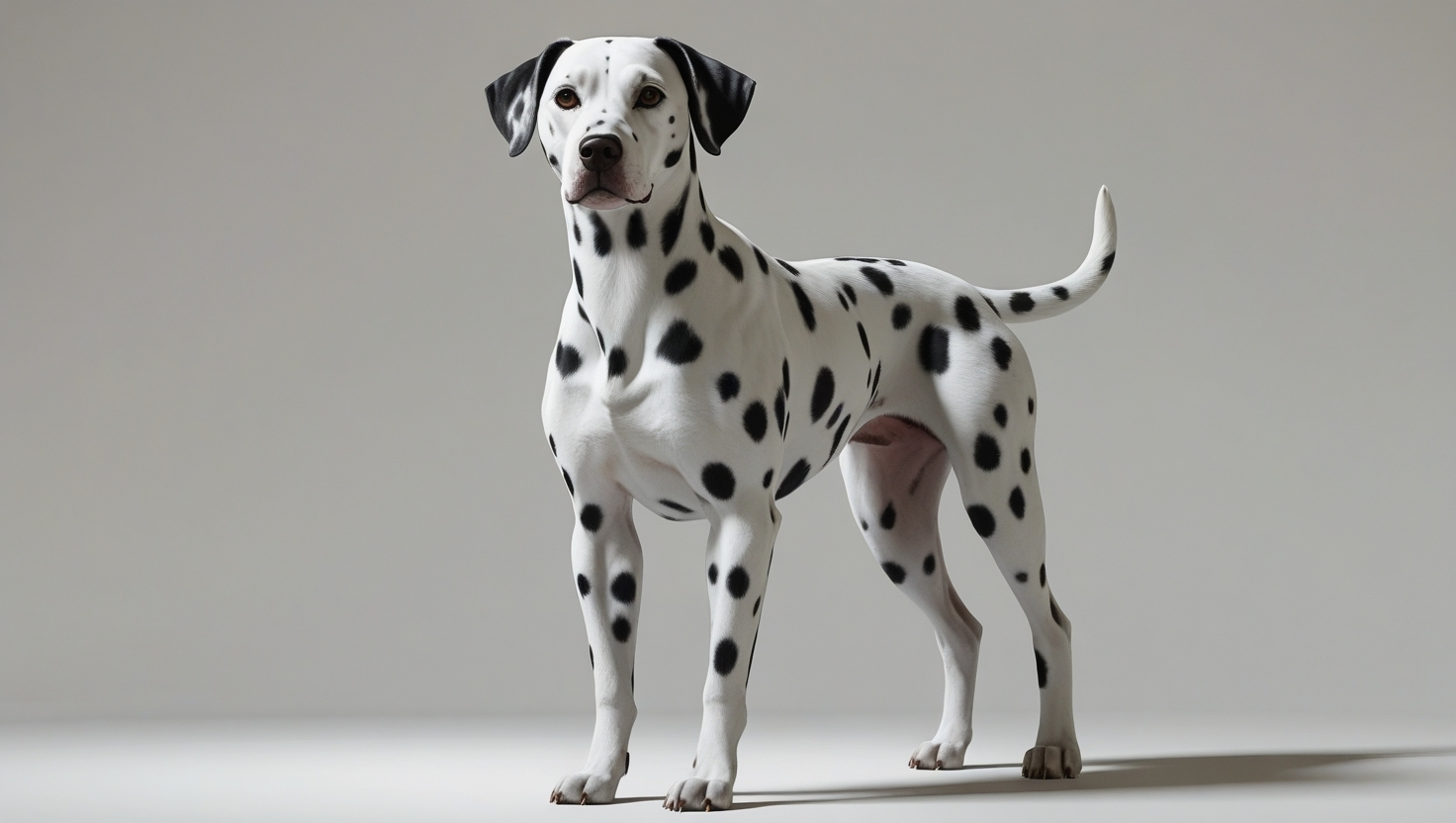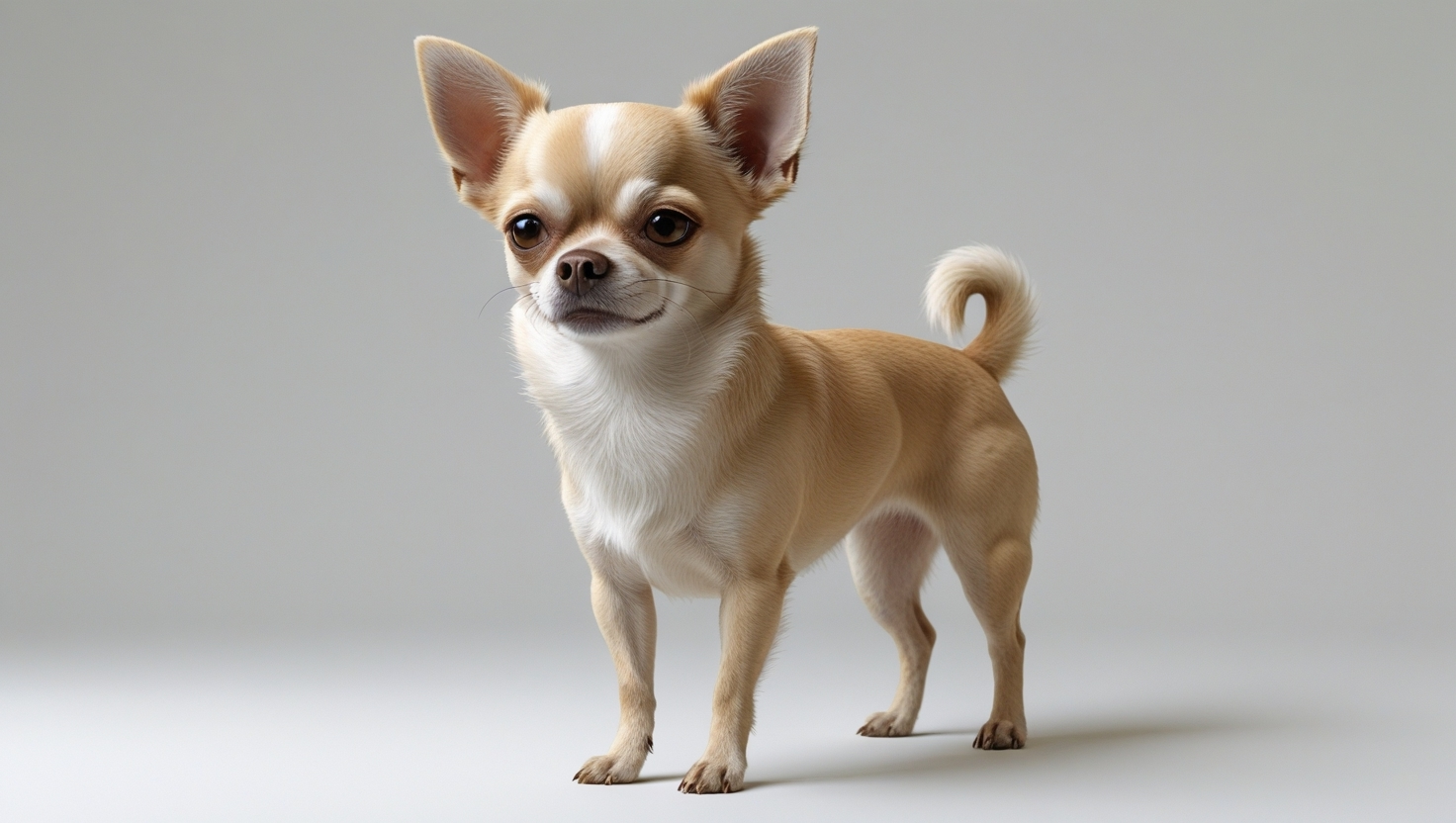When you first look at a Boxer, you might be fooled by its robust appearance and large build, but the truth is that behind that curious gaze is a playful and very loving dog. They are loyal and have a unique way of turning any ordinary day into a special moment.
Living with a dog of this breed is like having the complete package: unconditional love, boundless energy, and that natural protection that only such a special breed can offer. Of course, raising a dog like this also requires care and attention to ensure they live a full and happy life.
Want to learn about the unique traits, care requirements, and even fun facts about this lovable breed? Let’s explore together what it’s like to live with a Boxer and discover everything that makes them such unique and special companions. Read on to find out more!

